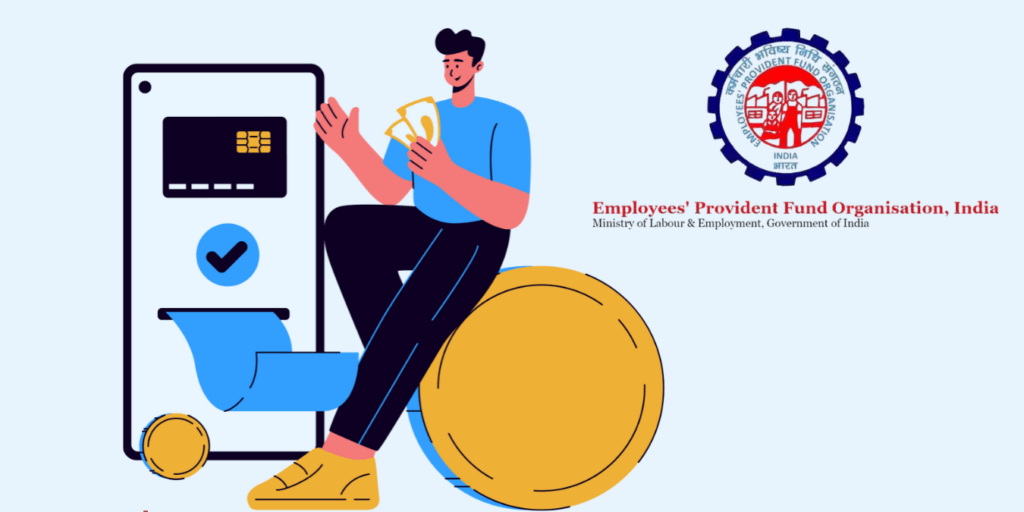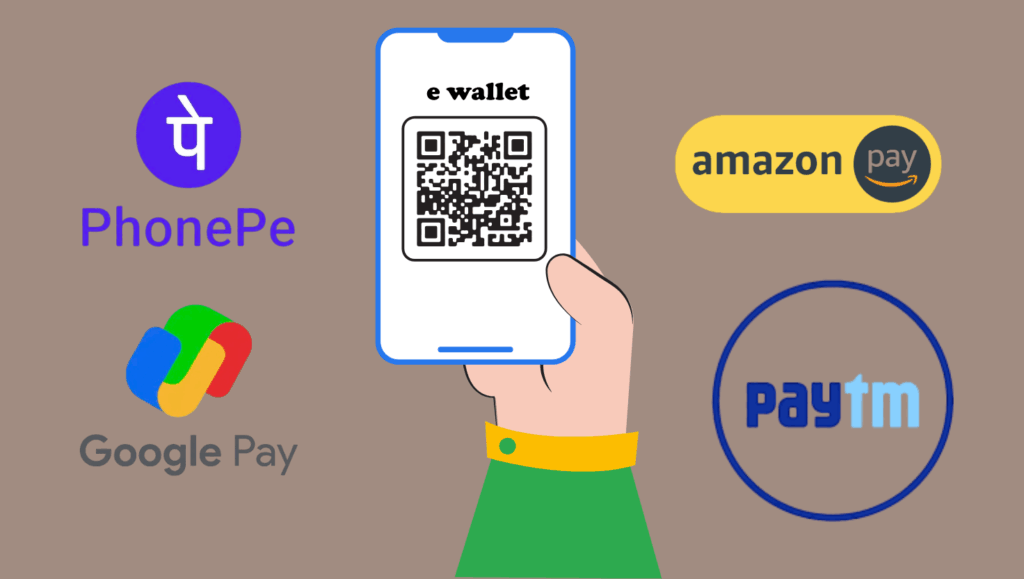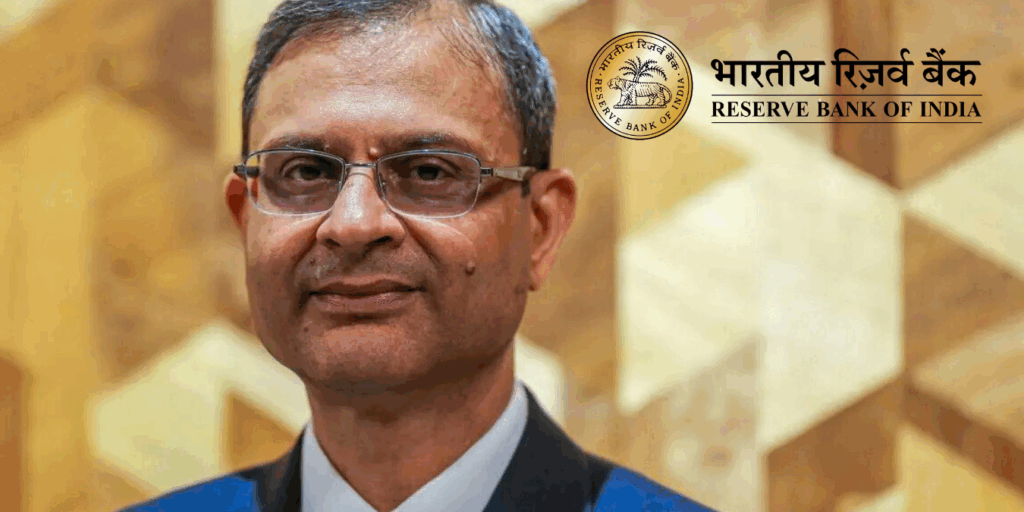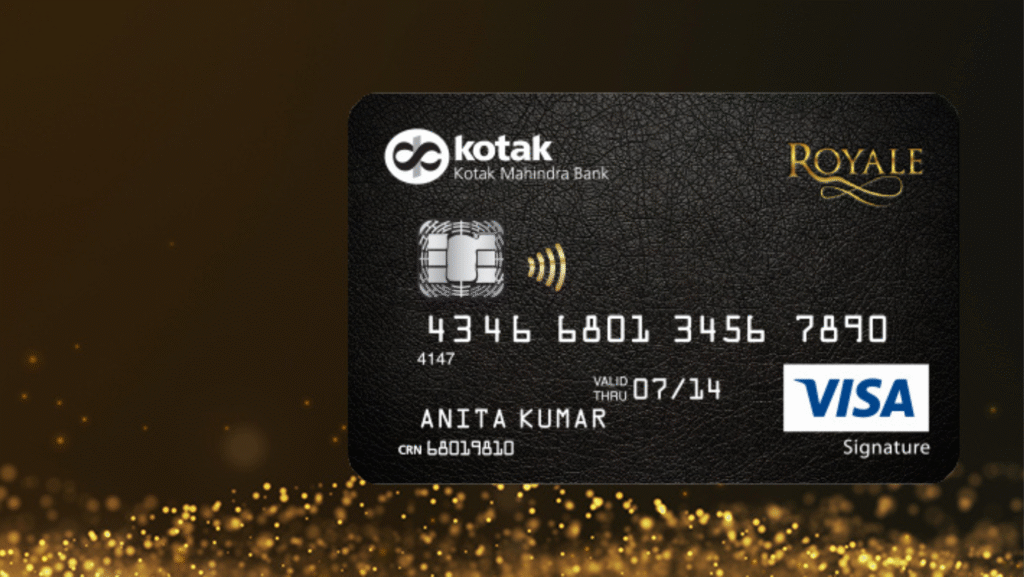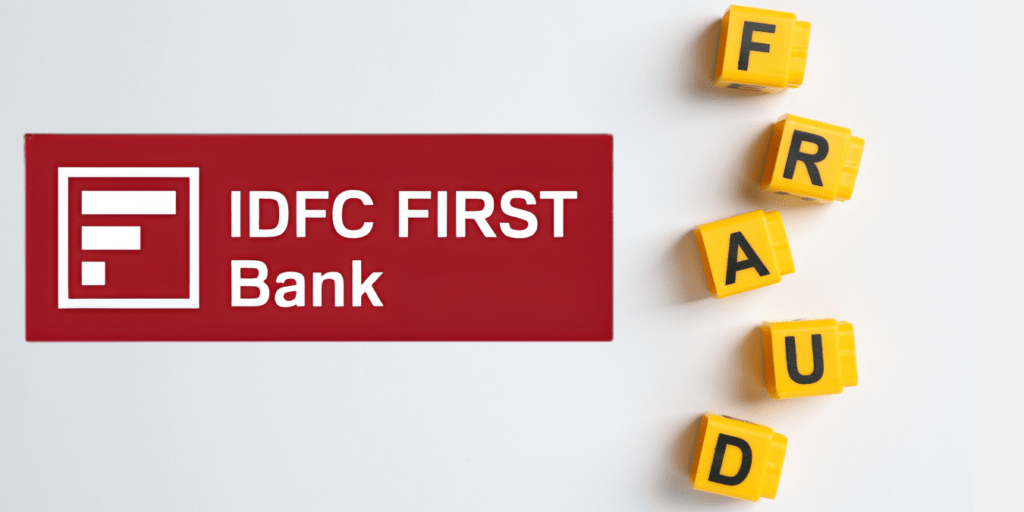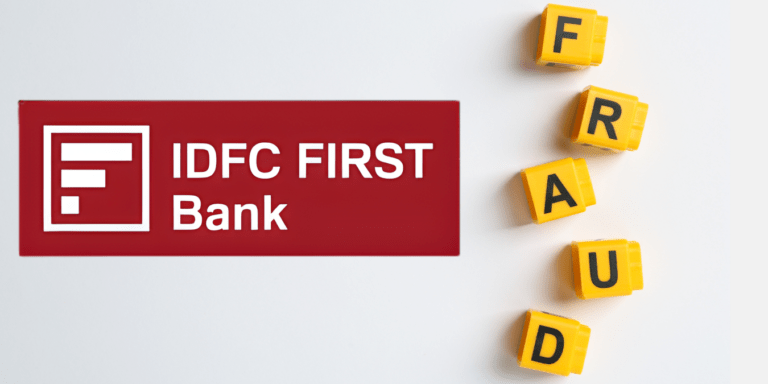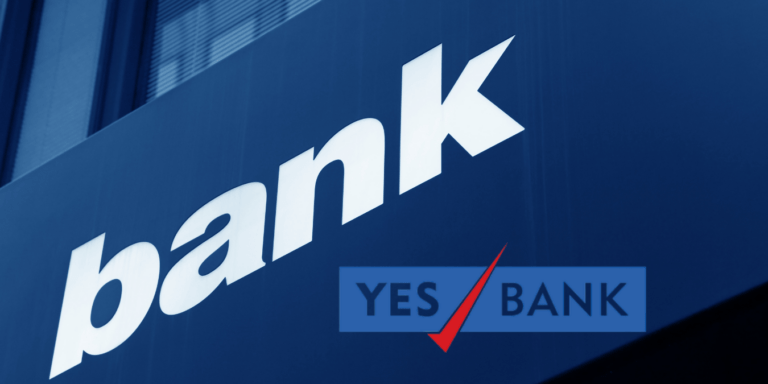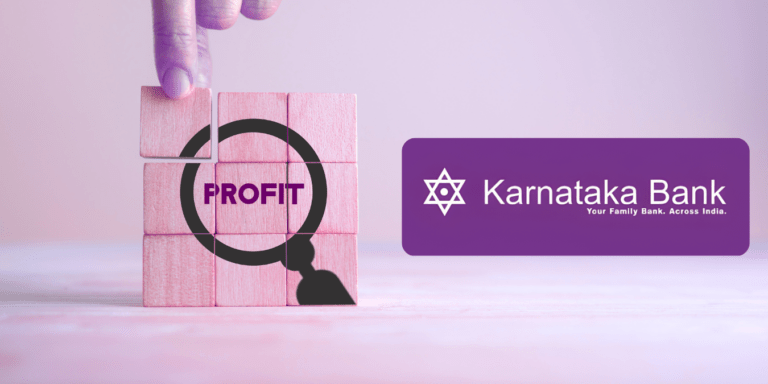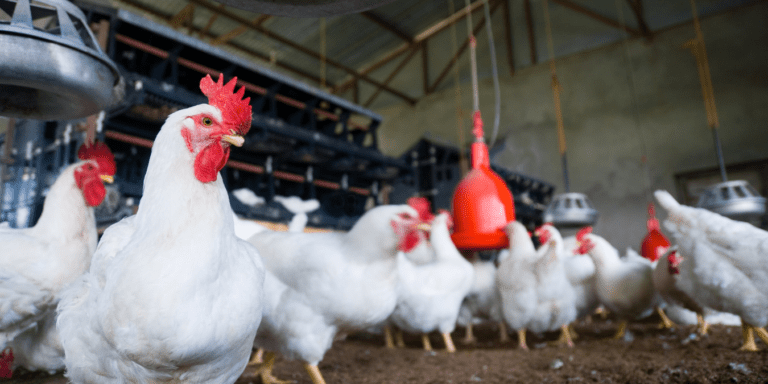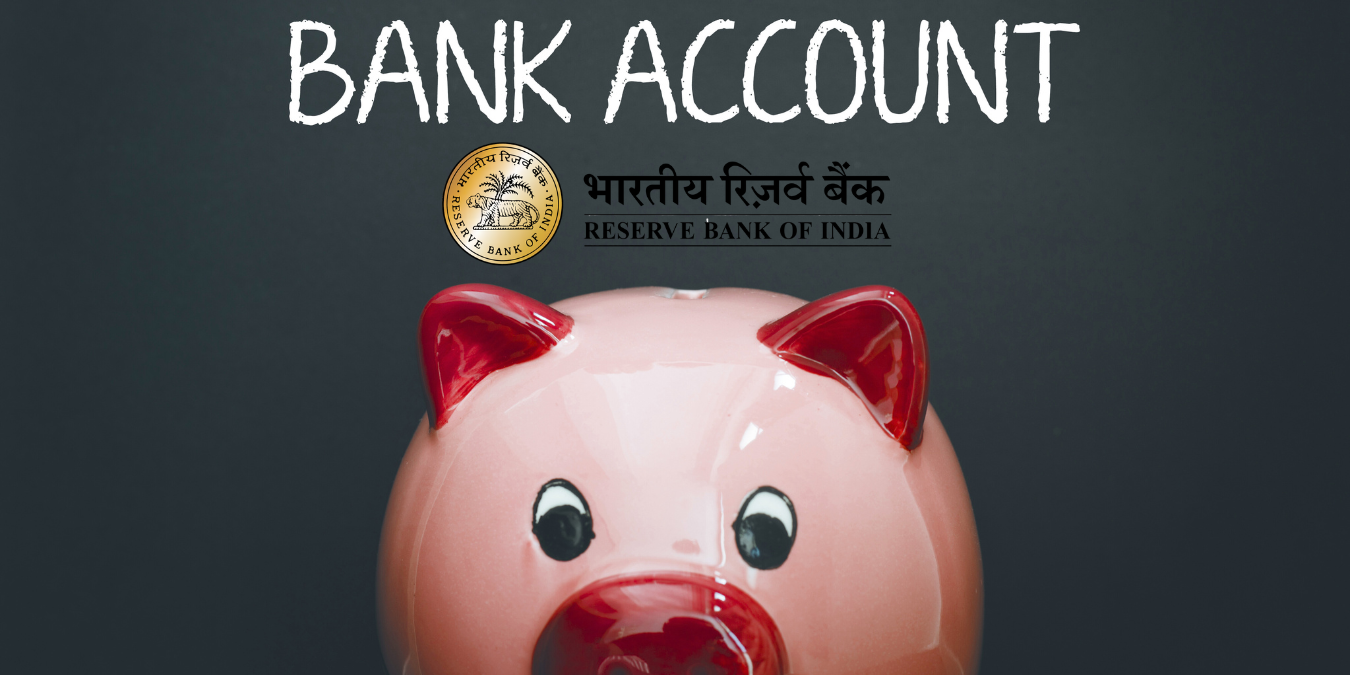
How to Escape the ‘Unclaimed Deposit’ Nightmare—India's new 4-nominee banking law Starting Nov 1, 2025
India’s banking laws just changed for 2025—did you know your family’s future could hinge on four secret names? Discover how a hidden nomination rule is quietly protecting ₹67,000 crore in savings, yet most account holders remain unaware. Is your legacy safe, or could you lose everything after November 1?
Banks across India are sitting on a staggering ₹67,270 crore in unclaimed deposits as of June 2025, with this figure growing explosively. By March 2024, unclaimed balances had already hit ₹78,213 crore—a jaw-dropping 26% jump in just one year.
These aren’t abstract numbers. Each crore represents thousands of families locked in legal limbo, unable to access their loved ones’ savings due to outdated or missing nomination records. The RBI launched an emergency three-month drive (October–December 2025) to return these funds to rightful heirs.
Where Is This Money Trapped?
| Bank | Unclaimed Deposits (₹ crore) |
| State Bank of India (SBI) | 19,329.29 |
| Punjab National Bank (PNB) | 6,910.67 |
| Canara Bank | 6,278.14 |
| Bank of Baroda | 5,277.36 |
| Union Bank of India | 5,104.50 |
| ICICI Bank | 2,063.45 |
| HDFC Bank | 1,609.56 |
| Axis Bank | 1,360.16 |
Notably, public sector banks hold 87% of all unclaimed deposits, with SBI alone accounting for 29% of the entire corpus. This concentration underscores a systemic gap in succession clarity—precisely what the new nomination rules aim to fix.
The Official Framework: What the Government Just Announced
Sections 10–13 of the Banking Laws (Amendment) Act, 2025
On October 22, 2025, the Ministry of Finance officially notified that key nomination provisions will take effect on November 1, 2025. Here’s what this means for every account holder:
Key Feature 1: Multiple Nominees for Deposit Accounts
For the first time, depositors can register up to four nominees for their savings accounts, current accounts, and fixed deposits.
Choice 1: Simultaneous Nomination
Name all four at once and specify each one’s percentage share of the deposit. Shares must total exactly 100%.
Example: Spouse gets 40%, elder son 30%, younger daughter 20%, mother 10%.
Choice 2: Successive Nomination
List nominees in priority order. If the first nominee passes away or is unable to claim, the second nominee becomes eligible automatically—no paperwork needed.
Example: Spouse → Elder son → Younger daughter → Mother (in that legal order).
Key Feature 2: Lockers & Safe Custody Items
For physical assets held in bank lockers or safe custody, only successive nomination is permitted.
Why? Because you can’t split a locker between four people. Banks need a clear line of succession to determine who accesses the physical items.
Key Feature 3: Minor Children as Nominees
Game-changing addition: You can now nominate minor children, with a trusted adult appointed as their guardian to claim funds on their behalf.
This means families with young dependents can secure their financial futures without waiting for children to reach legal age.
Key Feature 4: Digital & Seamless Updates
All major banks will now allow digital nomination updates via internet banking, mobile apps, and OTP-based e-signatures.
No more paper forms, no more branch queues—though in-person options remain for senior citizens and those preferring traditional channels.
The Unclaimed Deposit Elephant in the Room
The new rule exists because of a persistent crisis: Indians don't know they have money in banks.
RBI data reveals that nominations remain one of the biggest pain points in the Indian banking system:
"Historically, banks followed divergent practices, often insisting on succession certificates or court orders even where nominations existed. This created massive delays and discouraged heirs from claiming deposits."
The result? Between 2022 and 2025, banks transferred ₹52,174 crore to the RBI's Depositor Education and Awareness (DEA) Fund alone.
And here's the shocking part: only 1.01% of unclaimed deposits have been reclaimed since 2015—that's just ₹7,910 crore returned to claimants out of a ₹78,000+ crore corpus.
What India's Top Banks Are Doing Right Now
SBI: "Smart Legacy" Digital Tool
State Bank of India, holding ₹19,329 crore in unclaimed deposits, has proactively rolled out a new "Smart Legacy" service on its YONO app. This tool lets customers:
- Add/modify up to four nominees digitally in under 5 minutes
- Specify simultaneous or successive nomination
- Upload supporting documents and verify nominees via OTP
- Track nomination status in real time
Customers began seeing prompts in October 2025, and the feature went live ahead of the November 1 deadline.
HDFC Bank: "Nominee Manager" Dashboard
HDFC Bank (₹1,609 crore unclaimed) launched its "Nominee Manager" feature on NetBanking and mobile app (October 2025). The dashboard offers:
- Streamlined four-nominee interface with percentage share calculators
- Automatic validation ensuring shares total 100%
- One-click succession order prioritization
- E-mail confirmations and downloadable receipts
Customer advisory emails were sent across its 82 million customer base.
ICICI Bank: Smart Locker Succession
ICICI Bank (₹2,063 crore unclaimed) completed pilots for its "Smart Locker Successor" tool in September 2025. This feature:
- Allows successive nominees for physical lockers with multi-step e-KYC verification
- Enables banks to trace next-in-line heirs instantly upon locker holder's death
- Reduces average locker settlement time from 45+ days to under 15 days
Launch is set for November 1 rollout across all 5,400+ branches.
Axis & Kotak Mahindra: Customer Drives
Both Axis Bank (₹1,360 crore unclaimed) and Kotak Mahindra launched customer awareness drives in October 2025, offering free in-branch nomination updates until December 2025. They're also running WhatsApp campaigns targeting millennials and NRI account holders.
Why Family Disputes Explode Without Clear Nominations
Real-World Lesson: The Case of Rajesh Patel (2024)
Rajesh Patel from Surat deposited ₹18 lakh in an FD with his wife as sole nominee. When he passed away in July 2024, his three adult children contested the nomination—claiming their mother would hand over funds to her new partner.
Result: Legal battle for 11 months. Mother couldn't access her rightful funds. Probate fees cost ₹2.5 lakh. Settlement finally happened in June 2025.
Under the new rules, Rajesh could have named all four family members with specified shares (40% wife, 20% each child), eliminating ambiguity and conflict.
Official RBI Finding: Succession Certificate Delays
The RBI's 2025 Directions standardize claim settlement, eliminating the requirement for succession certificates when valid nominations exist.
Previously: Heirs often faced demands for succession certificates, probate documents, or court orders—adding 3–6 months to settlement.
Now: Banks must settle claims within 15 calendar days of receiving all required documents. Failure to meet this deadline triggers compensation of RBI Bank Rate + 4% per annum on deposits.
For lockers, delays incur ₹5,000 per day penalty.
The Official Procedure: Step-by-Step for November 1 Onward
Step 1: Access Your Bank's Nomination Portal
Log into your bank's internet banking platform or mobile app. Look for "Nomination," "Nominee Management," or "Smart Legacy" tabs.
Step 2: Add Nominees (Up to 4)
Provide each nominee's:
- Full name and date of birth
- Relationship to you
- Aadhaar or PAN
- Contact details
- Address proof (if not on file)
Step 3: Choose Nomination Type
- Simultaneous: Specify percentage share for each (must equal 100%)
- Successive: List in priority order
Step 4: Digital Verification
Complete OTP-based e-signature or video-based identity verification (V-CIP). Most banks will complete this in minutes.
Step 5: Confirmation & Record Download
Your bank sends a confirmation email. Download this for your records—it serves as proof of nomination.
The Data-Driven Case for Action
- ₹67,270 crore in unclaimed deposits awaiting rightful beneficiaries (June 2025)
- 26% year-on-year growth in unclaimed funds, signaling systemic gaps
- 87% held by public sector banks, with SBI alone at ₹19,329 crore
- Only 1.01% of unclaimed deposits reclaimed since 2015, showing low awareness
- RBI's 15-day settlement mandate with RBI Bank Rate + 4% penalty, creating accountability
These metrics prove that better nomination frameworks directly translate to faster wealth transfer and fewer orphaned family assets.
What to Do Before November 1, 2025
Immediate Actions:
- List all your bank accounts, fixed deposits, and lockers across banks.
- Decide who should inherit each asset and in what order/proportions.
- Inform key family members (spouse, children, parents) about your intentions.
- Download nomination forms or access your bank's digital platform starting October 30.
Before Year-End:
- Update all nominations under the new framework by December 31, 2025 (banks may set an internal deadline).
- Align nominations with your will or estate plan to avoid legal ambiguity.
- Keep a copy of all nomination confirmations in a safe location or shared digital folder (e.g., Google Drive).
- Inform your family about the UDGAM portal (RBI's unclaimed deposits search tool) so they can locate any forgotten accounts.
Key Takeaways:
✓ Starting November 1, 2025, nominate up to 4 people per account/locker
✓ Choose simultaneous (percentage shares) or successive (priority order) nomination
✓ Digital updates via banking apps, OTP-authenticated, take minutes
✓ Banks must settle claims within 15 days; delays incur penalties
✓ SBI, HDFC, ICICI rolling out digital nomination tools (October 2025)
✓ ₹67,270 crore in unclaimed deposits—many lack clear nominations
✓ Minors can now be nominees with adult guardians
✓ NRIs can manage nominations from abroad via video KYC
✓ Update before year-end; align with your will to avoid disputes
A Final Thought
Most of us think about bank accounts as places to store money, not as legacies. But what happens when you're gone? Will your family spend months in legal battles? Will your hard-earned savings sit unclaimed in a government fund? The new nomination rules, starting November 1, hand you a powerful yet underused tool—the ability to protect your wealth today for your loved ones tomorrow. Banks are rolling out digital interfaces, compliance deadlines are firm, and regulatory penalties are now teeth.
The question isn't whether you can update your nominations. It's whether you can afford not to.
Because in the evolving landscape of Indian banking, readiness beats regret. Every single time.
Disclaimer: The use of any third-party business logos in this content is for informational purposes only and does not imply endorsement or affiliation. All logos are the property of their respective owners, and their use complies with fair use guidelines. For official information, refer to the respective company’s website.





